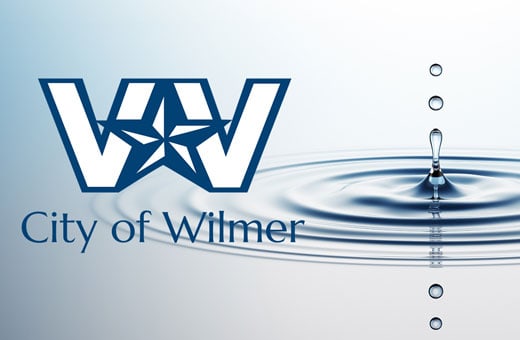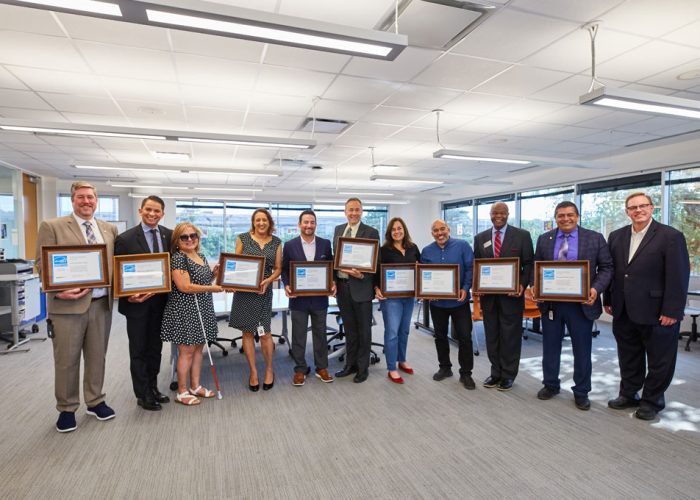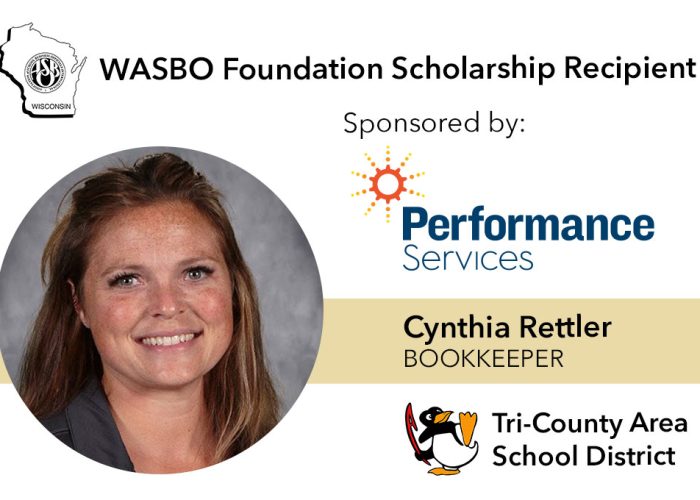
Wilmer, TX. The City of Wilmer has announced a project to modernize the City’s aging water service infrastructure. The project referred to as an Advanced Metering Infrastructure (AMI) or “smart” water meter replacement project will significantly improve operational efficiencies and allow residential clients to access their water usage data in real-time. With more precise smart water meter readings, the City will bill more accurately, and residents will have greater control of their water consumption with near real-time data.
The City of Wilmer conducted a thorough evaluation of its aging water infrastructure and metering inefficiencies. As a result, the City, like many across the U.S., decided to implement an Advanced Metering Infrastructure (AMI) or smart water meter system to more accurately track water usage and increase their utility efficiency. The $880,780 project will replace the City’s old, mechanical water meters with new smart meters to ensure they can accurately track water usage and reduce manual work processes. After installation of the new meters and AMI system, water usage can be monitored and reported instantaneously in real-time, allowing the City to provide clients with more proactive client service. For example, in the case of water system leaks or excessive water consumption, the system will be able to help clients identify issues sooner such that quick action can be taken to correct problems.
“The City Council and I are excited and thrilled to advance our water infrastructure as we are committed to preserve and protect our environment. It also allows our citizens to manage their own consumption more easily and effectively,” said Sheila Petta, Mayor, City of Wilmer. “Our City is one of the fastest-growing cities within Southern Dallas County and being able to improve and modernize our infrastructure will benefit our community.”
The City of Wilmer selected Performance Services, a qualified energy services company, to develop the project through an energy savings performance contract allowable under Texas Local Government Code 302. The contract enables public entities to pay for improvements within their existing operating budget. Savings are generated from the installation of new, modern, and efficient technology and equipment improvements. As a result of the improvements, the project guarantees a minimum of $68,446 in annual operational savings and revenues for the City throughout the 20-year contract period.
The self-funding project complies with the Ultrasonic and Electromagnetic water meter standard, ANSI/AWWA C715-18, issued by the American Water Works Association (AWWA) on October 1, 2018. The AWWA standard supports the electromagnetic and ultrasonic water meter technologies that enable water utilities to reduce unaccounted water loss and to read water usage consistently at a high level of accuracy. The Badger® water meters will be connected to the Badger Advanced Metering Analytics (AMA) system called BEACON, which utilizes cellular technology to capture interval meter data. Electronic metering provides information, such as the gallons used per hour, reverse-flow indication, and other operating data not typically available from traditional mechanical meters and registers. Electronic metering eliminates measurement errors due to sand, suspended particles, and pressure fluctuations in older meters.
The City of Wilmer AMI system will connect water meters with powerful analytics to a secure and uninterrupted network, giving the City the tools needed to optimize its processes and provide proactive client service. Additionally, an online portal and smartphone application, Eye on Water, will allow clients to view, manage and track their water usage in near real-time. More information about accessing the new client portal will be provided to clients during project implementation.
Project communication will include a postcard mailer to all client residences/businesses and a door tag placed once the meter is installed. The installation of the new meters will begin in November and conclude in March 2022.



